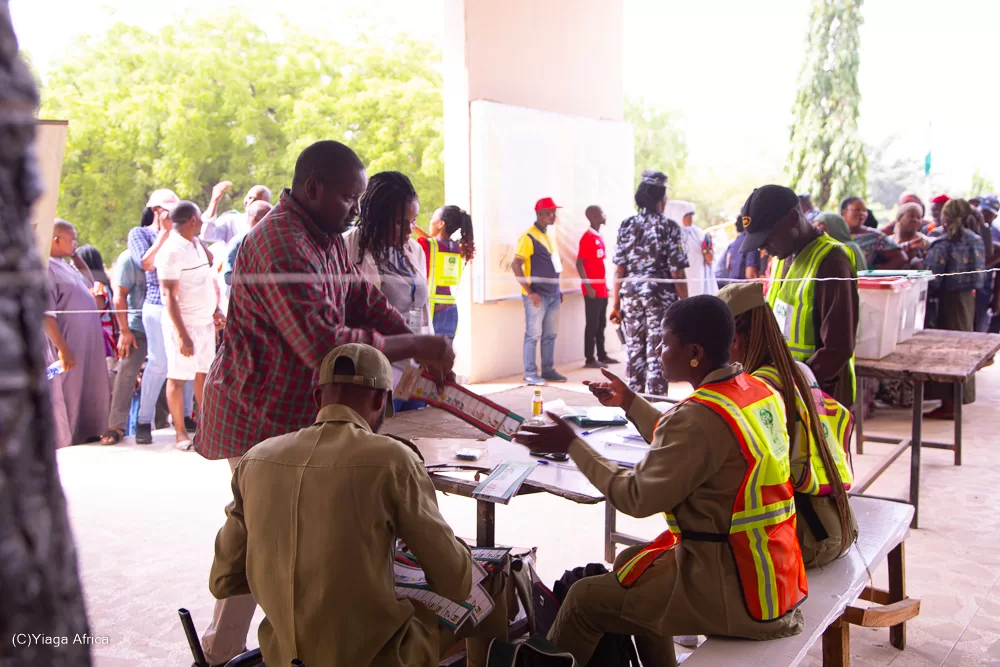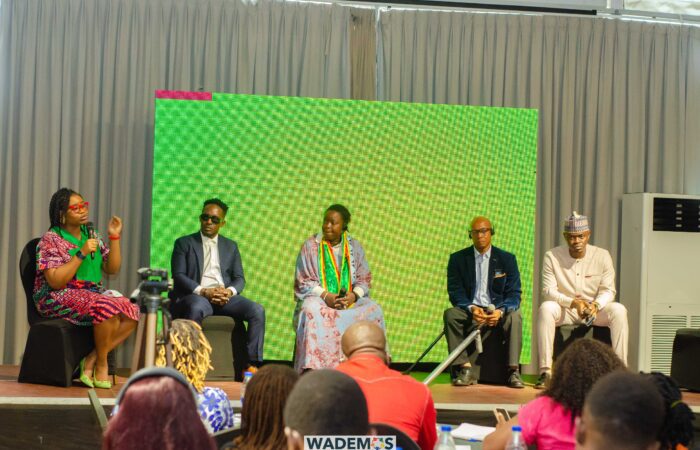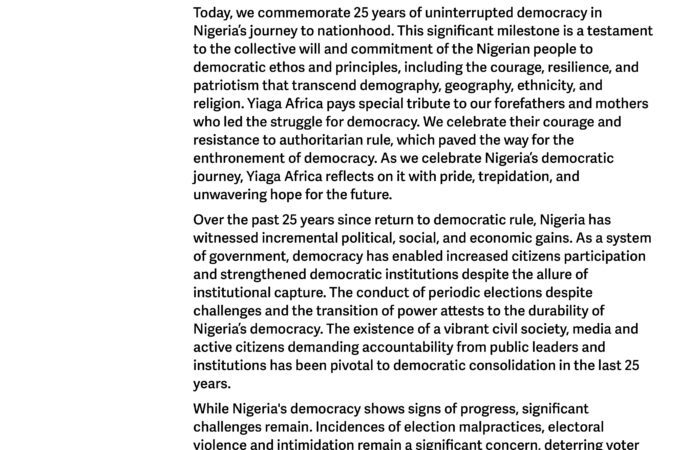By David Mkpume
The sudden rise in unconstitutional transitions of power mostly via military coups in the west Africa subregion is a major cause for concern to every advocate of democracy across the world. The entire West Africa region is currently gripped by potential autocratic or military forces taking over government from democratic elected leaders causing instability in the democracy development within the West Africa subregion. In the last few years, countries in the region have suffered violation of democracy and citizens’ right to elect their leaders due to a series of coups with countries like Mali, Burkina Faso, Guinea and most recently Niger Republic being victims.
The recent coup in Niger Republic is no doubt a setback for the development and sustainability of democracy in not just the country but the entire region considering the years of efforts deployed by stakeholders to ensure democracy works. It is even more unfortunate that the military junta in Niger Republic is getting support from Mali, Burkina Faso and Guinea which also have military juntas as well as a few countries beyond Africa.
The irony about the situation is that these countries are also ravaged by varying degrees of insecurity which should have preoccupied the military forces. This is a reminder that the critical responsibility of protecting a nation against internal and external aggression should remain the core mandate of its security agencies rather than political governance and administration.
In this vein, there is an urgent need for African leaders to speak with one voice to defend democracy within African regions even as regional bodies such as the African Union (AU) and the Economic Community of West African States (ECOWAS) have a big role to play in order to prevent the dangerous precedents of coups in the West Africa subregion and across the continent. It is therefore important for these bodies to constructively engage the junta in a peaceful dialogue in a bid to restore democratic governance in the country. Also, alternative mechanisms like political and economic sanctions which have been put on the unconstitutional government in Niger Republic and similar West African countries to mount further pressure should be maintained.
Importantly, there is a need to raise the bar for effective democratic governance that responds to the needs and aspirations of the citizens. This is because when governments fail to deliver on its promises, citizens become discouraged and lose their belief in democracy. Thus, democratically elected leaders must ensure that they provide good governance that meets the needs of the people which will boost the confidence of the people to believe in democracy and not to embrace a military government as a better alternative.
Democratic governance remains key to economic stability, respect for human rights, political stability and security. Thus, citizens should be allowed to elect their leaders through periodic elections that reflect the wishes of the vast majority of people and not the unelected decision of a few people through a coup. Citizens also have a role to play in order to prevent coups by demanding accountability and responsive governance from its leaders by voting credible leaders and by holding them to their campaign promises. But ultimately, the onus lies on the elected leaders to ensure that they live up to the mandate given to them – in doing so, they prevent the chances of such unconstitutional transitions from either happening or being seen by citizens as a better alternative.
David Mkpume is a Communications Assistant at Yiaga Africa, with experience in election observation and political inclusion advocacy in Nigeria







